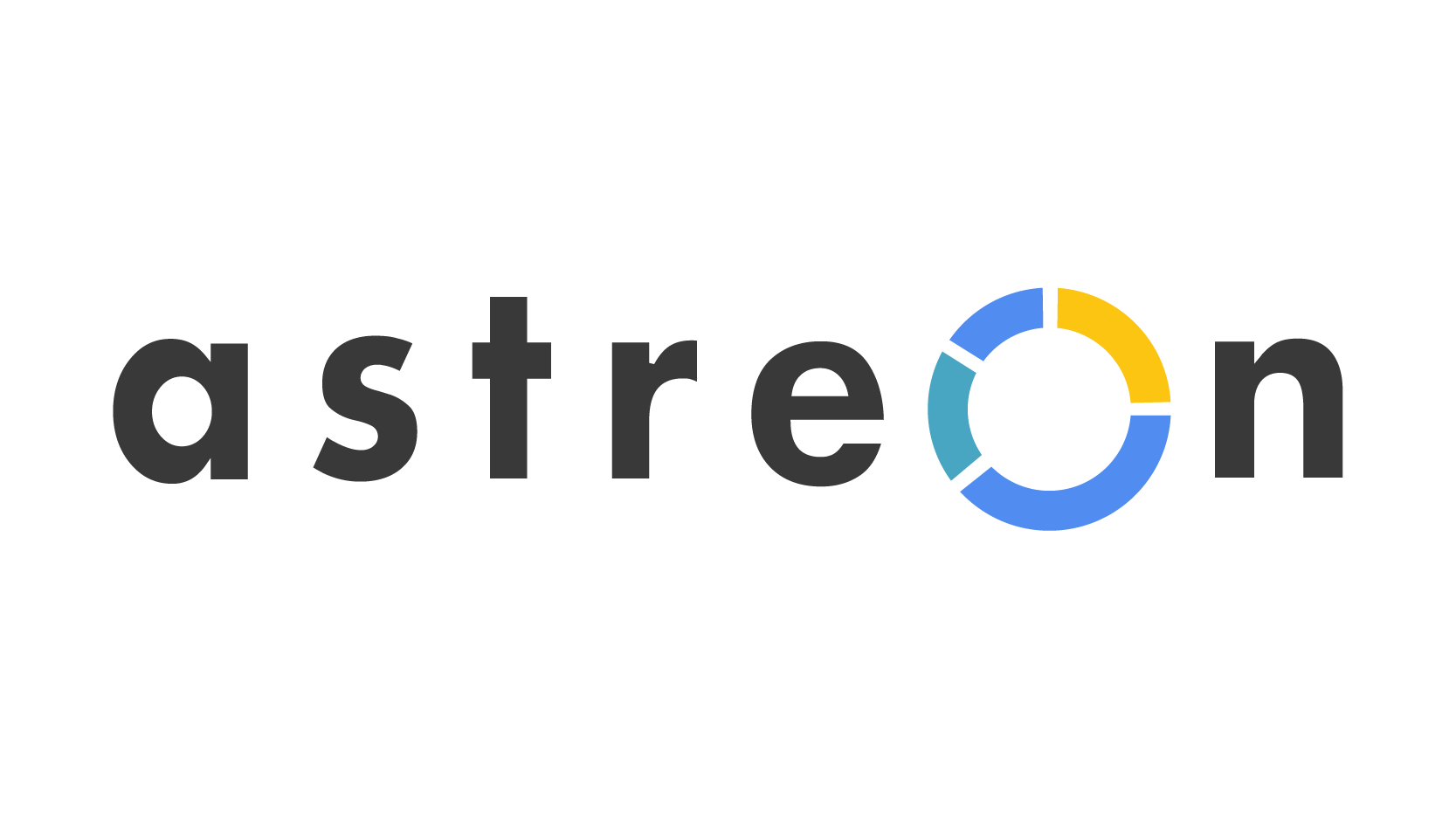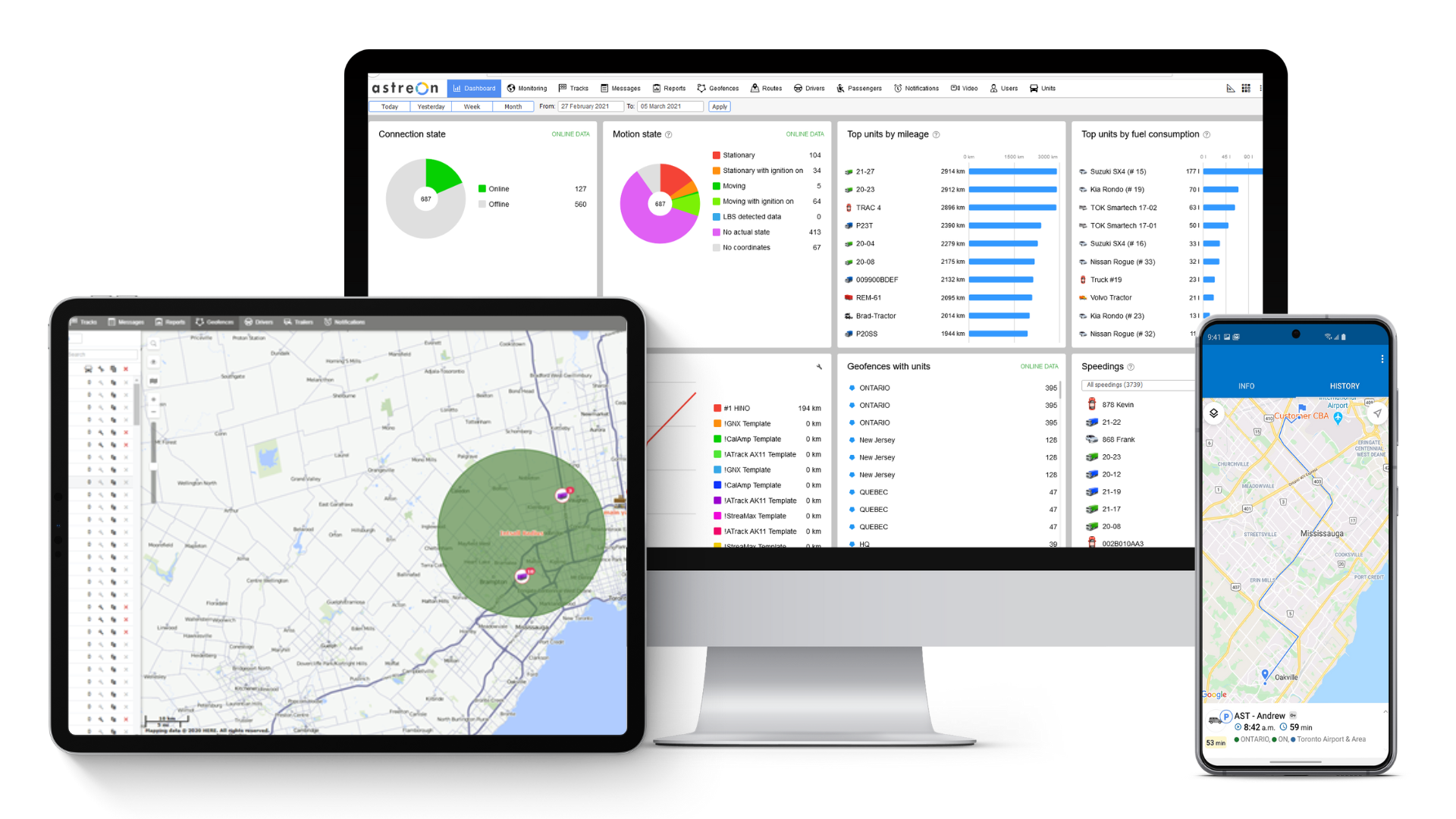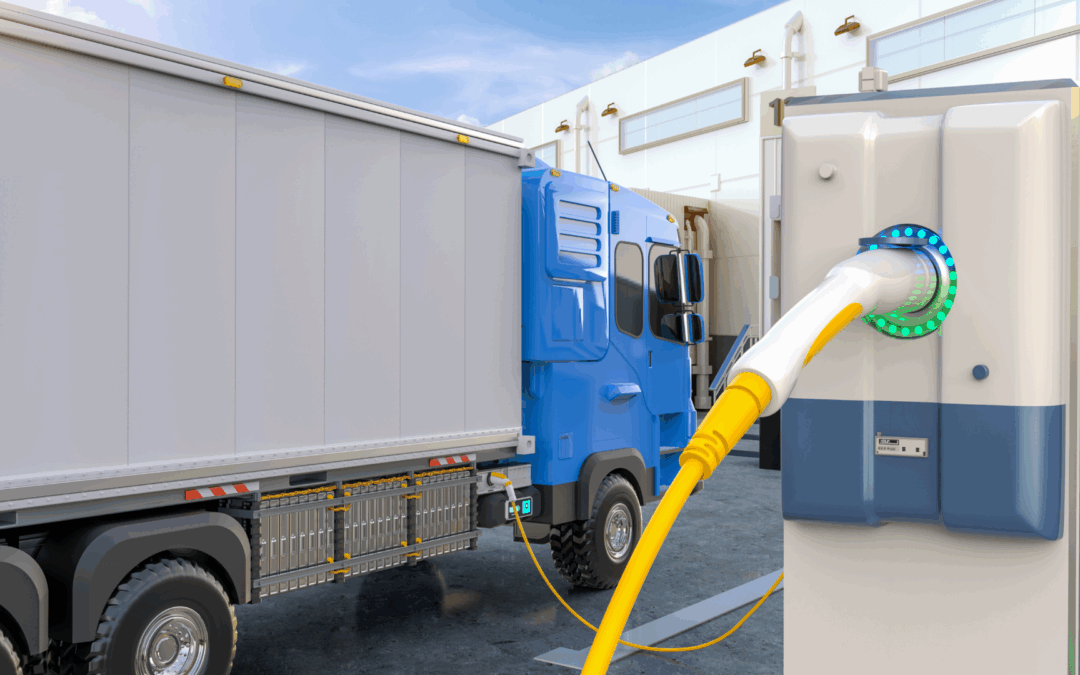
by Yumi | Jun 10, 2025 | Electric Vehicle, Fleet management
Electric vehicles (EVs) are no longer an emerging trend — they’re rapidly becoming a vital part of logistics operations. With growing environmental demands, shifting regulations, and technological innovation, EV adoption is rising across industries. For logistics...

by Yumi | Nov 27, 2023 | Fleet management, Fleetrun, Fuel, Logistics, Maintenance, Mobile workforce management, Operation, Operation Management, Telematics, Tracking, Transportation & Logistics
In the rapidly evolving landscape of e-commerce, last-mile delivery has emerged as the final frontier for businesses striving to meet customer expectations and gain a competitive edge. Last-mile delivery isn’t just about bringing packages to people; it’s...

by Yumi | Oct 4, 2021 | Fleet management, Fleetrun, Fuel, Maintenance, Operation
Find how we can help you save on repair & maintenance costs
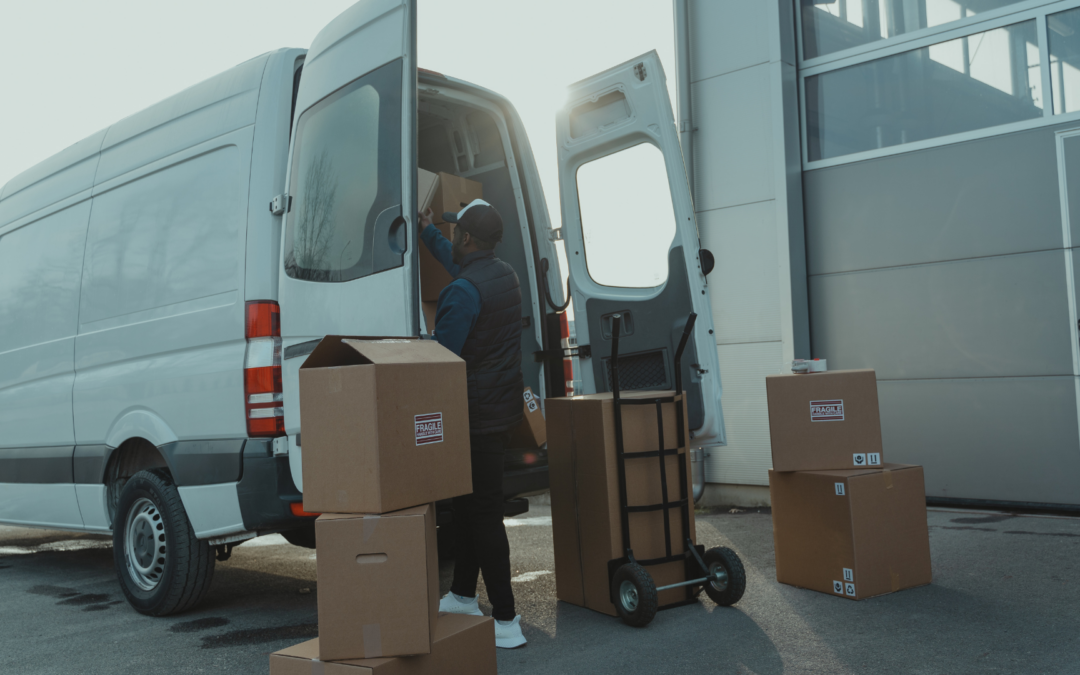
by Yumi | Sep 13, 2021 | Industry, Logistics, Tracking, Transportation & Logistics
As the demand in the supply chain industry is increasing, the logistics and transportation industries rely more on technology to streamline the operation to prevent any shipping delays. The process is a lot more complicated than simply sending a delivery truck to pick...
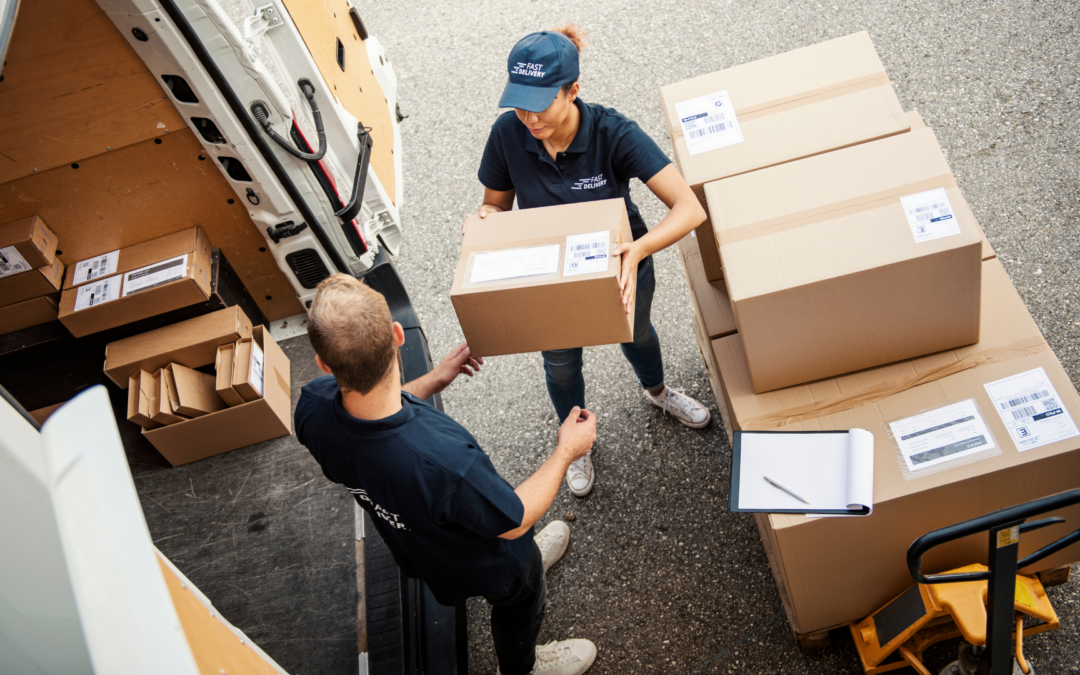
by Yumi | Jun 28, 2021 | Industry, Logistics, Tracking, Transportation & Logistics
E-commerce industry is booming as consumer buying behaviors have changed to largely online. Today, consumers expect cheap, free and fast delivery and this is becoming the standard in the e-commerce space. In order to meet consumer expectations and move past...






